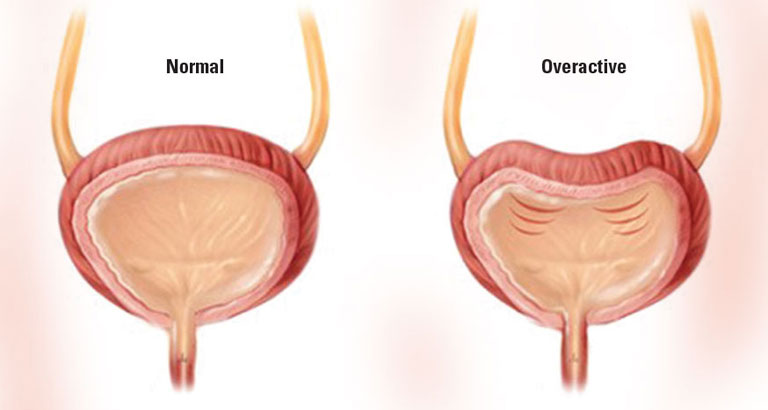
Dr Hamad Al Hellow, consultant urologist, explains a common problem.
Neurogenic bladder describes a number of urinary conditions in people who lack bladder control due to brain, spinal cord or nerve problems. It may result from conditions such as multiple sclerosis (MS), Parkinson’s disease, diabetes or infection of the brain or spinal cord, heavy metal poisoning, stroke, injury, major pelvic surgery or issues such as spina bifida.
Several muscles and nerves must coordinate for the bladder to hold urine until you are ready to empty it. In people with neurogenic bladder, these nerves and muscles don’t work together very well, so the bladder may not fill or empty correctly.
Bladder muscles may be overactive – often seen with strokes, brain disease and Parkinson’s disease – and squeeze more than normal before the bladder is full or they can be too loose and let urine pass before you’re ready (incontinence). Sufferers might also experience an urgent need for the bathroom, may leak urine in their sleep and need to urinate frequently.
Others may experience underactive muscles – often seen with diabetes, MS, polio, syphilis or major pelvic surgery – which do not squeeze adequately so the bladder doesn’t empty fully. The sphincter muscles around the urethra may also remain tight when trying to empty the bladder.
Some people have symptoms of both overactive and underactive bladder – often found in those with MS, stroke and herpes zoster – and may get repeated urinary tract infections. These are often the first symptom of neurogenic bladder and are caused by harmful bacteria, viruses or yeast growing in the urinary tract.
Various treatments are available and local injection of botulinum toxin (botox) has provided extraordinary clinical benefits in the treatment of a variety of conditions characterised by inappropriately contracting muscles.
Call 77 310-000.



